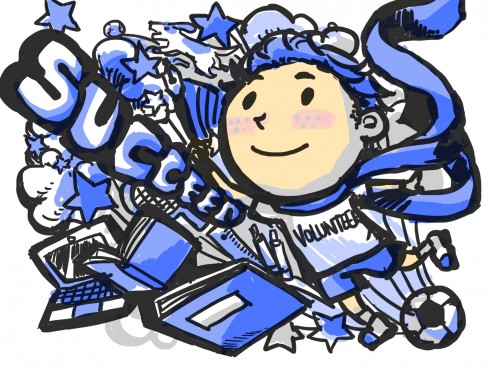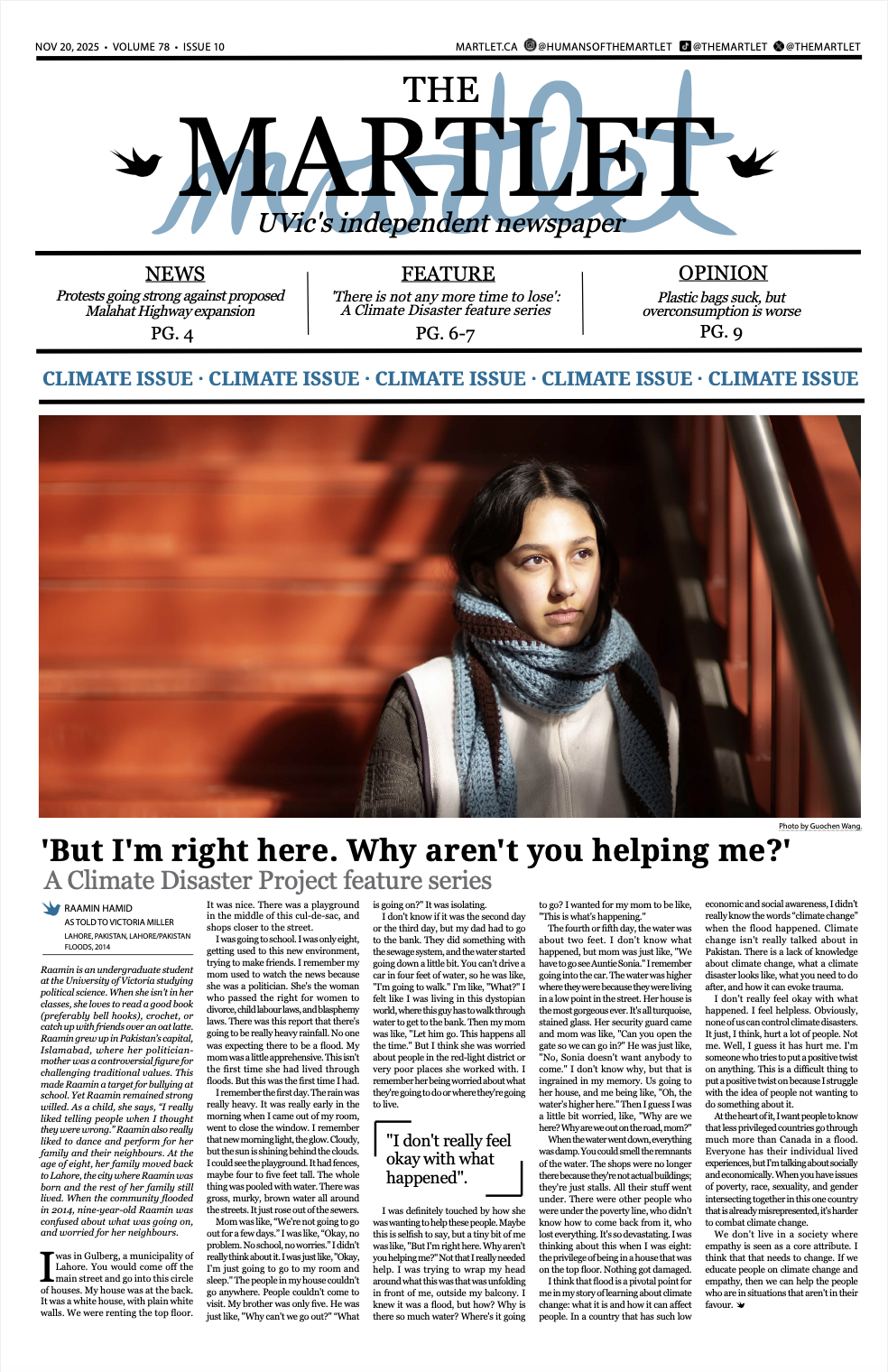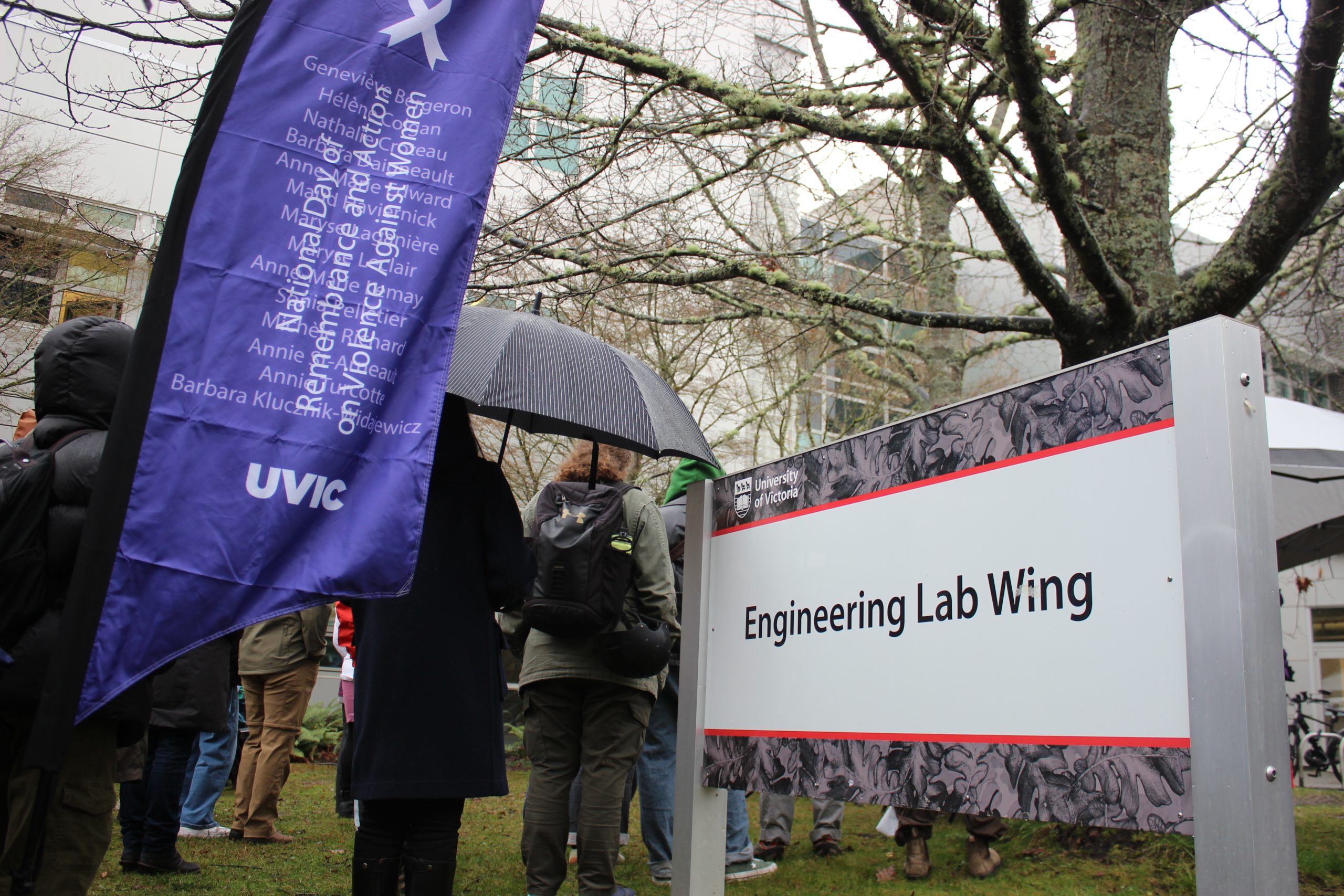The main sentiment I heard backstage at my University of Regina graduation this past May was disturbing, considering the circumstances. Right before proudly crossing the convocation stage to receive my degree, I struck up conversations with friends and soon to be fellow alumni. Surrounded by their loaner gowns, milling families, and beaming smiles, too many confided to me that, “I just don’t feel like this is an achievement.”
For many of you, you are either just starting or continuing towards earning your post-secondary degree. This is my second time. I’ve been reflecting quite a bit on the degree I just received as I set out to work on my master’s here. If I, somebody who’s done it before, were to give advice to younger students, it would be this: avoid passivity and mediocrity at all costs.
. . . And I mean avoid these traits in all aspects of life. They do nothing to solve the many problems that our generation must face. University is the place to challenge ourselves, so that we can properly face these trials. This institution can offer you so much. It’s shameful that more of the student body doesn’t take part in campus life. Even more deplorable is how few students strive to be pre-eminent in their studies (an important aside here: don’t be afraid to fail. As my dad always says, “There will always be minor setbacks, but do not let these discourage you”).
I definitely shouldn’t have been surprised by the ethos at my graduation, though, because I heard it daily in college. The fact that this news doesn’t justify stopping the presses is exactly what’s dangerous about it. It doesn’t shock and appal. To put it simply, most university students do not seize everything that their degree and institution has to offer. Too many coast.
Often one hears lamentation against the previous generation for not solving many of the problems that faced them, and perhaps for exacerbating them, only to dump them onto us. Will our generation solve the problems — a dying world, sectarian conflict, wealth inequality, and a massive ethnic dichotomy in our own country, to name a small number of them — that besiege us? If we have any hope of doing so, our current collective attitude just won’t do.
So study harder, be involved in your community, and to reiterate, don’t be passive nor mediocre. Those two traits are common enough. Consider the epigraph of one of my favourite author’s essay collections, from Henry James’ novel The Ambassadors: “Live all you can: It’s a mistake not to.” You have the chance and the potential to change the university and the society around you for the better through your actions. It starts right now.
What’s it going to be?









